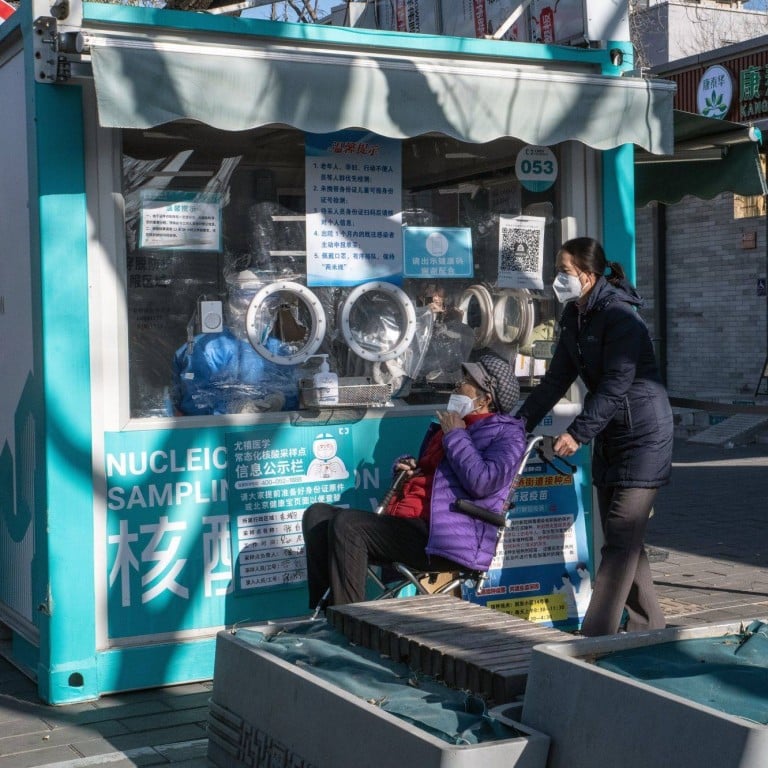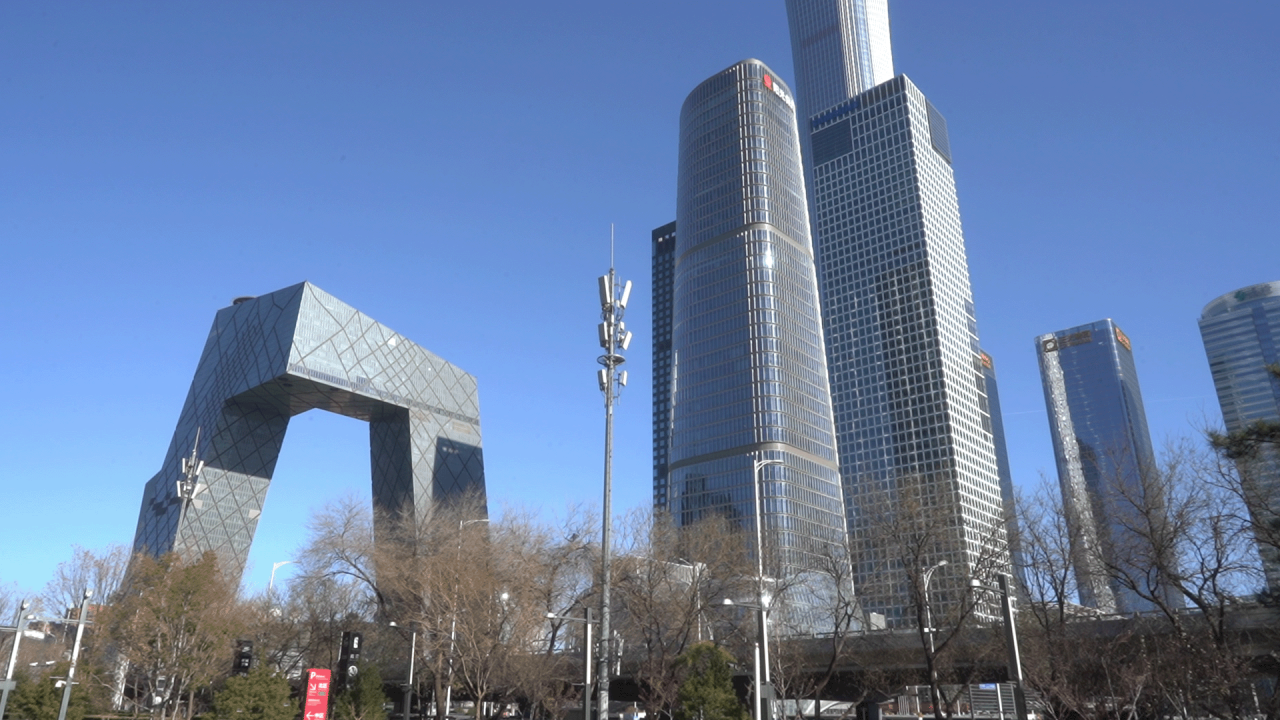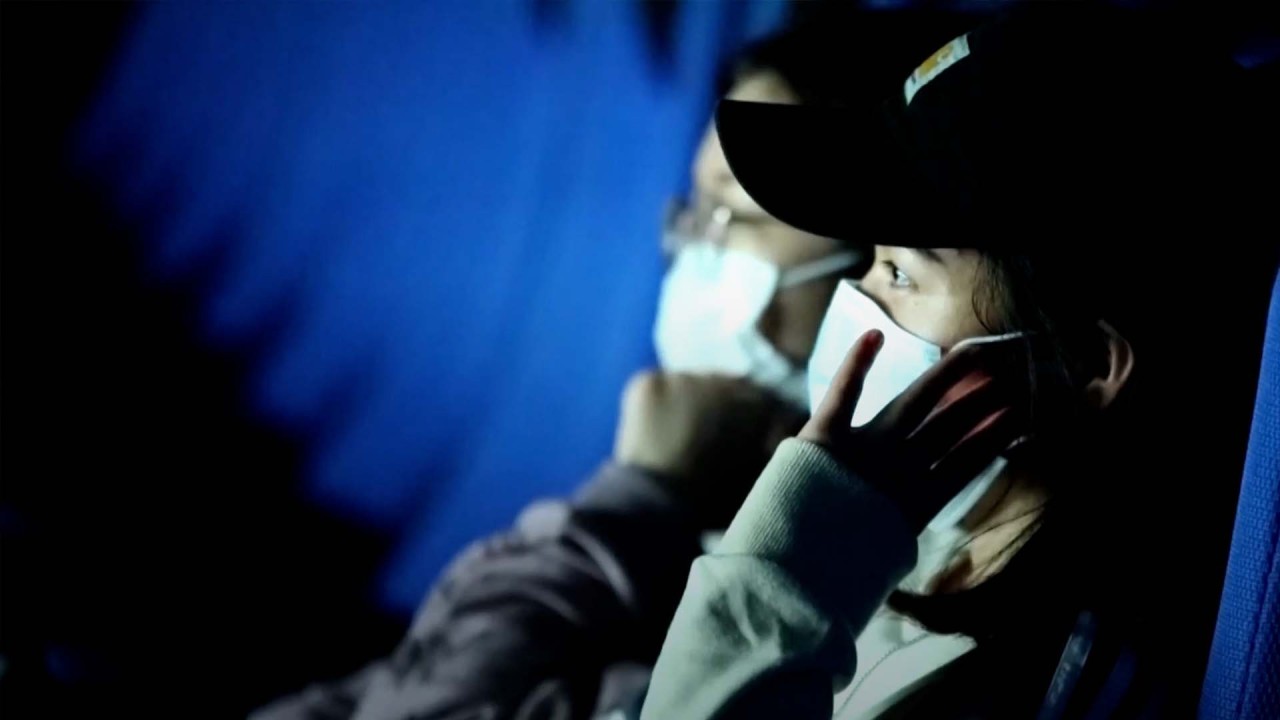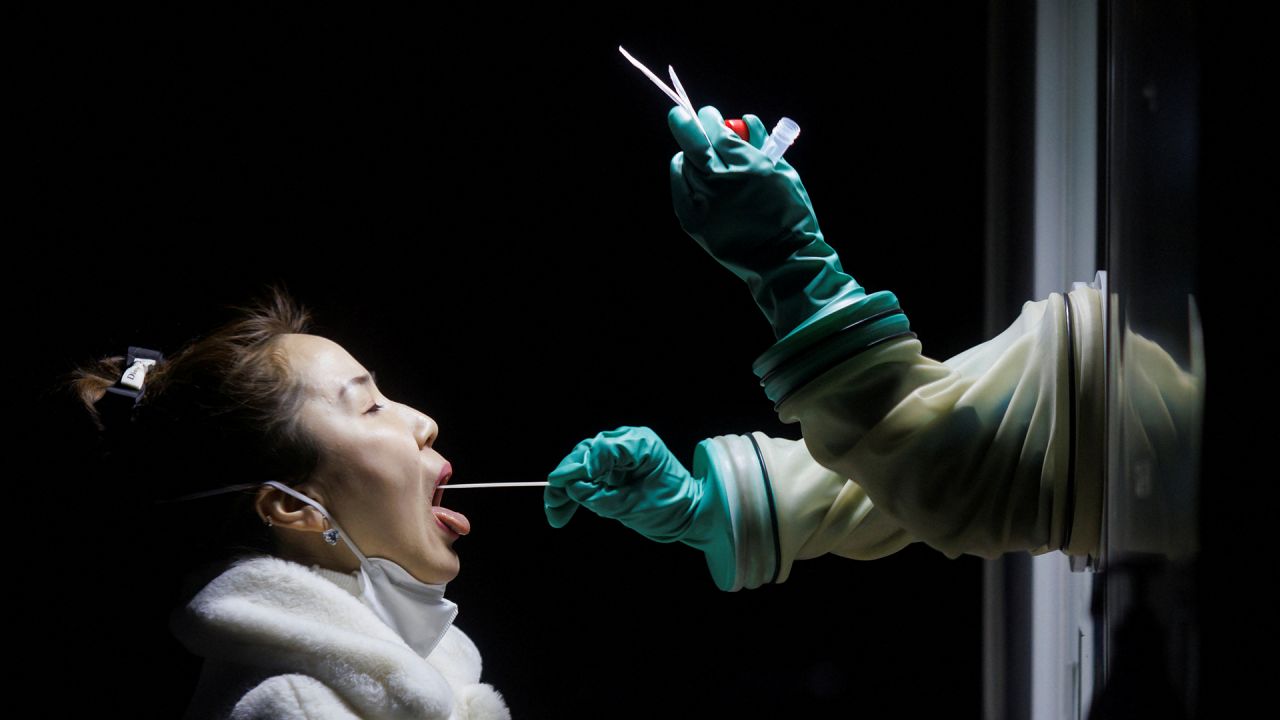
China considers downgrading Covid’s status to remove need for strict controls
- Beijing has been laying increasing stress on the milder nature of Omicron and some cities have already started easing their rules
- One official said the downgrading of the disease – putting it on a par with HIV and viral hepatitis – could happen as soon as Wednesday
Covid-19 was classified as a category B infectious disease – a class that also includes HIV, viral hepatitis and H7N9 bird flu – on January 20, 2020 – a day after Beijing announced it could spread from human-to-human. However, the announcement said it should be managed like a category A disease, putting it on a par with bubonic plague and cholera.
Outbreaks of these diseases require local governments to impose strong measures such as lockdowns, isolation and quarantine if they are needed to contain the spread, according to China’s Law on the Prevention and Treatment of Infectious Diseases and other public health regulations.
Expectation has been growing among health officials that the National Health Commission will announce that in future the disease should now be treated like a category B. Reuters reported earlier this week that the change was expected next month, but recent announcements from the central government have raised hopes that the change will happen sooner than that.
“The original virus and the Delta variant were both more deadly, but, by the time Omicron appeared, the strong infectiousness and low death rate made it basically a category B infectious disease. The strong controls are based on category A which created the [chaotic] situation today,” said a provincial health commission official who declined to be named because they are not authorised to speak to the media.
The women leading China’s Covid-19 protests
“This will be emphasised again when the new rules on Covid-19 control are relaxed, as early as Wednesday, so that people can follow the protocol without much socio-economic impact,” said the official.
Currently four other category B diseases – including severe acute respiratory syndrome (Sars), anthrax, H7N9 bird flu and polio – are also treated as category A infectious diseases.
Diseases such as influenza, leprosy and mumps are placed in Category C.
Cai Weiping, an infectious diseases specialist with the Guangzhou No 8 People’s Hospital Affiliated with the Guangzhou Medical University, said it was high time for Covid-19 to be managed as a category B infectious disease.
“The rate of serious illness and death of Covid-19 is similar to that of influenza. Even though it has become more contagious, the threat to humans has been significantly reduced and the conditions for the disease to be managed under category B are in place,” Cai told health news portal Cn-healthcare.com.
“It should be made clear at the national level as soon as possible that Covid-19 is managed according to category B infectious disease rules. This is the only way to follow the rule of law, so that local governments can administer according to the law.”
China’s Law on the Prevention and Treatment of Infectious Diseases stipulates that category A cases should be isolated for treatment and their close contacts quarantined. However some cities have been allowing positive Covid cases to quarantine at home, but in others they are still taken to a central facility.
“From the perspective of the law it needs to be downgraded to a category B disease to experiment with other measures,” Cai said.
China has recently changed the narrative on Omicron by stressing it is less pathogenic than earlier strains. Sun, who is leading the zero-Covid campaign, last week highlighted this point without mentioning that its rapid spread in a country with such a large population could result in a high number of deaths.
Mental health crisis looms for young Chinese after 3 years of pandemic
“Mostly, I should say 90 per cent of the cases in this wave in Guangzhou show no or very mild symptoms. They seldom develop pneumonia or serious pneumonia,” Tang Xiaoping, party secretary of the Guangzhou Medical University, said on Monday.
Li Yimin from the Guangzhou No 1 People’s Hospital Affiliate to the Guangzhou Medical University, said there were very few serious cases and they mostly involved patients with pre-existing conditions.
“This is completely different from the patients we have encountered before … I hope we can face it properly and at the same time not worry too much,” Li said.





